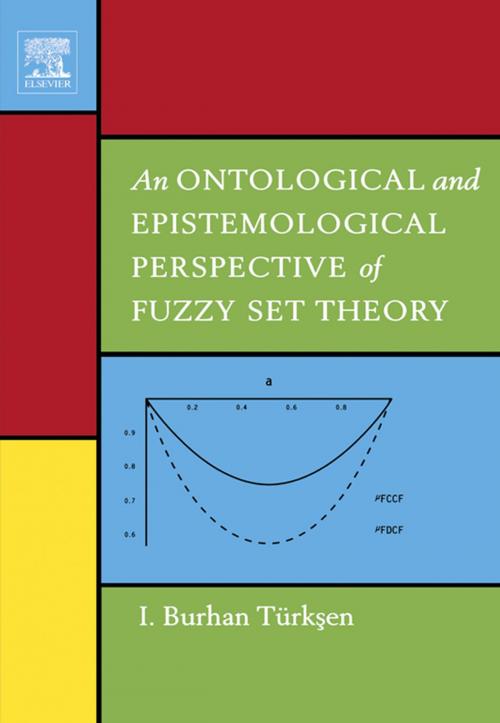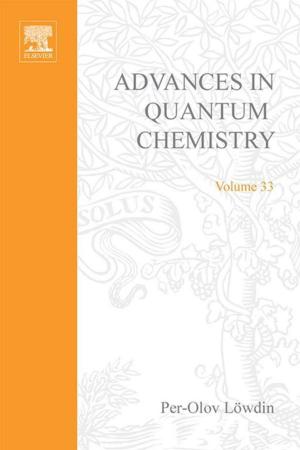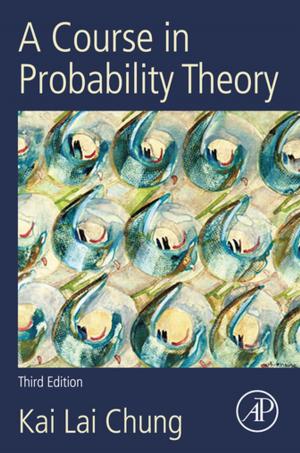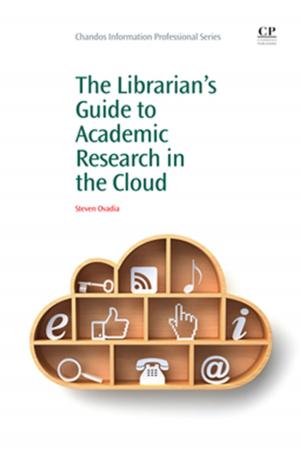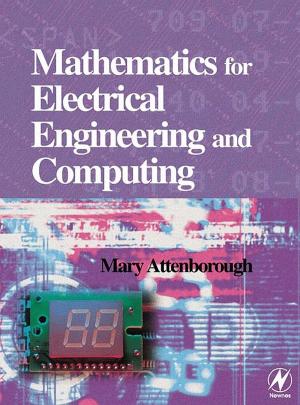An Ontological and Epistemological Perspective of Fuzzy Set Theory
Nonfiction, Computers, Advanced Computing, Artificial Intelligence, Science & Nature, Mathematics, General Computing| Author: | I. Burhan Türksen | ISBN: | 9780080525716 |
| Publisher: | Elsevier Science | Publication: | November 15, 2005 |
| Imprint: | Elsevier Science | Language: | English |
| Author: | I. Burhan Türksen |
| ISBN: | 9780080525716 |
| Publisher: | Elsevier Science |
| Publication: | November 15, 2005 |
| Imprint: | Elsevier Science |
| Language: | English |
Fuzzy set and logic theory suggest that all natural language linguistic expressions are imprecise and must be assessed as a matter of degree. But in general membership degree is an imprecise notion which requires that Type 2 membership degrees be considered in most applications related to human decision making schemas. Even if the membership functions are restricted to be Type1, their combinations generate an interval – valued Type 2 membership. This is part of the general result that Classical equivalences breakdown in Fuzzy theory. Thus all classical formulas must be reassessed with an upper and lower expression that are generated by the breakdown of classical formulas.
Key features:
- Ontological grounding
- Epistemological justification
- Measurement of Membership
- Breakdown of equivalences
- FDCF is not equivalent to FCCF
- Fuzzy Beliefs
- Meta-Linguistic axioms
- Ontological grounding
- Epistemological justification
- Measurement of Membership
- Breakdown of equivalences
- FDCF is not equivalent to FCCF
- Fuzzy Beliefs
- Meta-Linguistic axioms
Fuzzy set and logic theory suggest that all natural language linguistic expressions are imprecise and must be assessed as a matter of degree. But in general membership degree is an imprecise notion which requires that Type 2 membership degrees be considered in most applications related to human decision making schemas. Even if the membership functions are restricted to be Type1, their combinations generate an interval – valued Type 2 membership. This is part of the general result that Classical equivalences breakdown in Fuzzy theory. Thus all classical formulas must be reassessed with an upper and lower expression that are generated by the breakdown of classical formulas.
Key features:
- Ontological grounding
- Epistemological justification
- Measurement of Membership
- Breakdown of equivalences
- FDCF is not equivalent to FCCF
- Fuzzy Beliefs
- Meta-Linguistic axioms
- Ontological grounding
- Epistemological justification
- Measurement of Membership
- Breakdown of equivalences
- FDCF is not equivalent to FCCF
- Fuzzy Beliefs
- Meta-Linguistic axioms
